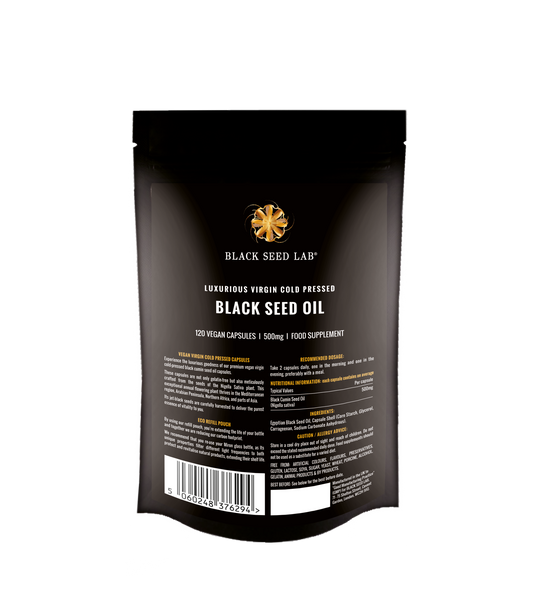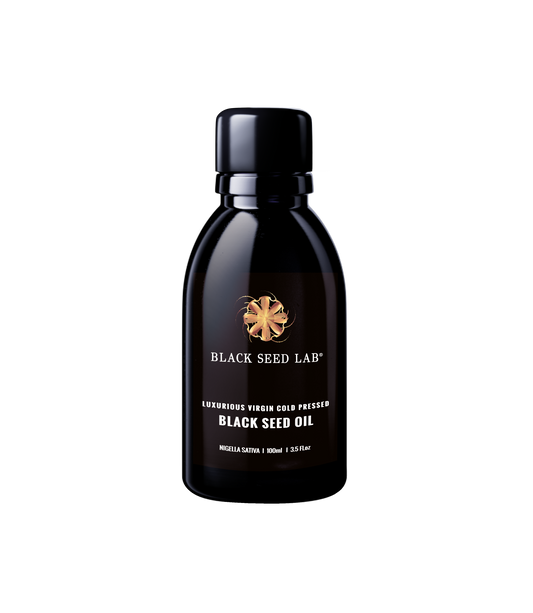Historical records indicate that black seed oil was highly revered in ancient Egypt, where it was discovered among the treasures in King Tutankhamun's tomb. The seeds were believed to possess therapeutic properties and were used to address a variety of ailments. The famous Greek physician Hippocrates also acknowledged the medicinal benefits of black seed oil and recommended it for digestive issues.
HISTORY OF BLACK SEED OIL
Black seed oil, derived from the seeds of the Nigella sativa plant, has a rich history steeped in ancient traditions and holistic medicine. Also known as black cumin seed oil, this potent elixir boasts a legacy that spans thousands of years, tracing its roots back to ancient civilizations.
WHAT IS BLACK SEED OIL
Black seed oil, derived from the seeds of the Nigella sativa plant, is a powerful and versatile natural remedy with a rich history of medicinal use. The small, black, teardrop-shaped seeds have been a staple in traditional medicine for centuries, earning the oil various monikers such as black cumin seed oil or simply black seed oil.
The key bioactive component of black seed oil is thymoquinone, a potent antioxidant and anti-inflammatory compound that contributes to its therapeutic properties. Rich in essential fatty acids, vitamins, and minerals, black seed oil has been recognized for its potential health benefits.
You May Also Like
Shipping Worldwide
14 Days Easy Return
24/7 Friendly Support
100% Payment Secure
Our Blog
Black Seed Oil vs Capsule - Which is better?
Black seed oil, derived from the Nigella sativa plant, has been treasured for centuries for its therapeutic properties. Known as...












